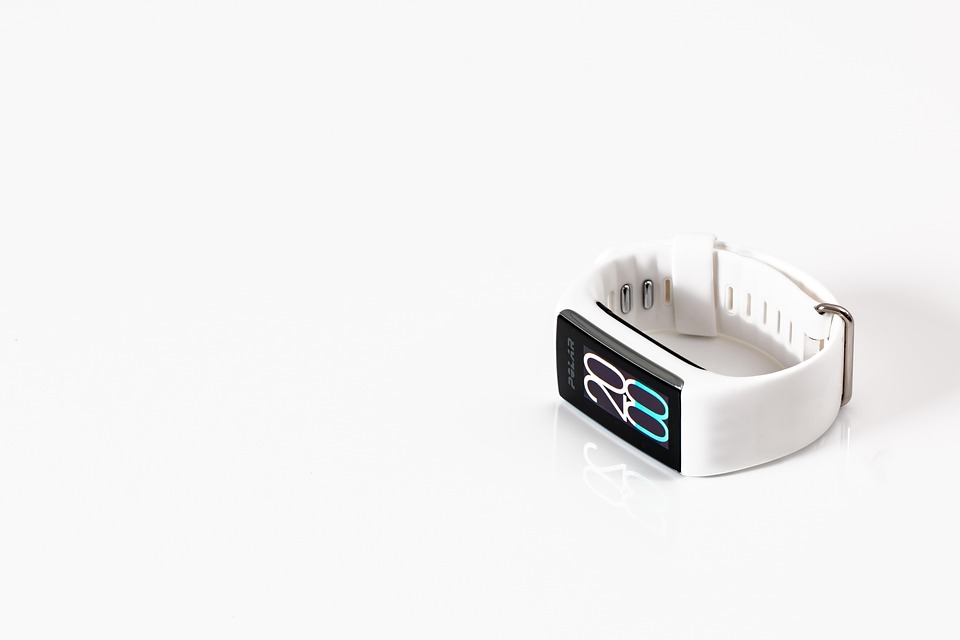In an era where technology is seamlessly integrating into our daily lives, smartwatches have emerged as indispensable tools for health and wellness tracking. Particularly for women, who often juggle multiple responsibilities while navigating unique health challenges, smartwatches can provide a wealth of insightful data. From menstrual cycle tracking to heart health monitoring, these devices are transforming how women manage their health.
The Rise of Wearable Technology
Smartwatches have evolved from simple timekeeping devices into sophisticated health management tools. With features such as heart rate monitoring, sleep analytics, and physical activity tracking, they empower users to take charge of their well-being. According to research, the global wearable technology market is anticipated to reach over $60 billion by 2023, with an increasing emphasis on health and wellness functionalities.
Menstrual Cycle Tracking
One of the pivotal ways smartwatches enhance women’s health is through menstrual cycle tracking. Many modern smartwatches feature apps that allow women to log their cycle details, including symptoms, mood changes, and flow intensity. This data can prove valuable for identifying patterns, predicting ovulation, and even recognizing potential health issues.
For women trying to conceive, such features can help in pinpointing fertile windows. Moreover, cycle tracking can aid healthcare providers in diagnosing disorders such as polycystic ovary syndrome (PCOS) or irregular menstrual cycles, enabling more personalized care.
Heart Health Monitoring
Cardiovascular health is critical, and women often face unique risks related to heart disease. Smartwatches equipped with heart rate monitors provide continuous insights into heart health. Features like ECG (electrocardiogram) monitoring and alerts for irregular heartbeats can be life-saving.
Understanding one’s heart rate variability (HRV) through a smartwatch can also indicate stress levels, recovery time, and overall fitness. By fostering awareness, these devices promote proactive management of cardiovascular health.
Fitness Tracking and Motivation
Fitness remains a crucial aspect of women’s health, yet finding the motivation to maintain a consistent routine can be challenging. Smartwatches provide personalized fitness tracking, allowing users to set goals, monitor progress, and receive reminders. With built-in workout modes ranging from yoga to strength training, these devices cater to diverse fitness interests.
Additionally, many smartwatches offer social features, enabling users to share achievements or join challenges with friends or family. This social aspect can foster a sense of community and motivate women to stay active.
Stress and Mental Well-Being
Mental health is as important as physical health, and smartwatches are increasingly incorporating features to support emotional wellness. Many devices offer guided breathing exercises, mindfulness reminders, and stress management tools. Tracking sleep patterns can also enhance understanding of how rest affects mood and productivity.
Women often experience unique mental health challenges due to hormonal fluctuations, societal pressures, or varying life stages, from pregnancy to menopause. By offering insights into stress levels and sleep quality, smartwatches become valuable allies in promoting mental well-being.
Customization and Personalization
One of the remarkable aspects of smartwatches is their capacity for customization. Many devices allow users to tailor settings based on individual preferences, making it easier for women to focus on the metrics that matter most to them. Whether prioritizing nutrition, hydration, or overall fitness, the ability to customize features enhances user experience and engagement.
Challenges and Considerations
Despite their many benefits, it’s crucial to approach smartwatches with a balanced perspective. Privacy concerns regarding data collection and sharing are paramount, and users must educate themselves on how their information is stored and used. Additionally, reliance on technology can sometimes overshadow the importance of traditional healthcare consultations.
Conclusion
Smartwatches represent a significant advancement in women’s health and wellness tracking. By offering tools for menstrual cycle management, heart health monitoring, fitness tracking, and stress management, these devices empower women to take a proactive approach to their well-being. As technology continues to evolve, the potential for smartwatches to enhance health awareness and improve outcomes is vast. Ultimately, when combined with regular healthcare visits and healthy lifestyle choices, smartwatches can be a game changer in the journey toward optimal women’s health.



